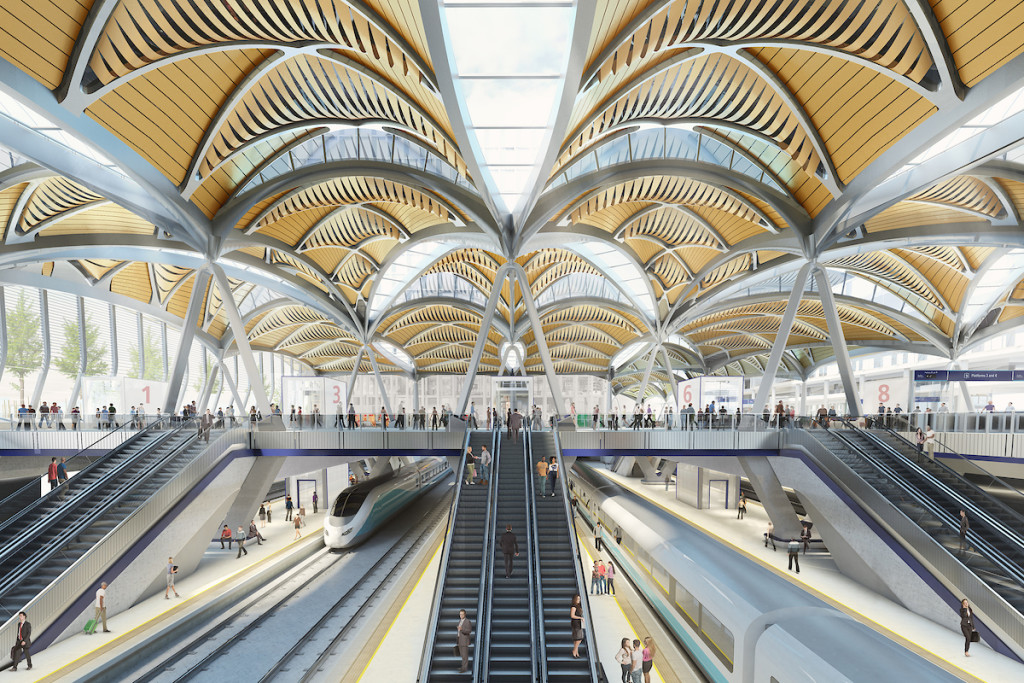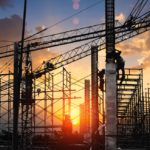News - Construction News
CPA: infrastructure to lead way in 2020

The Construction Products Association (CPA) has released its latest forecast for the construction industry, with the CPA expecting a slight decline of 0.3% in 2020, for the industry.
While political uncertainty and bad weather led to a slowdown in construction activity towards the end of last year, the forecast shows little evidence to suggest that the General Election result will benefit the construction industry for the year ahead.
The Brexit question was answered by the General Election results, however uncertainty beyond the end of the implementation period from January 2021 remains. Clients are still wary of making large, up-front investments in areas such as prime residential, commercial offices and industrial factories. These high value sectors have seen falls in new orders since the 2016 referendum result, which is now being seen on site. The diminishing pipeline of work sees a lack of new orders to replace projects completing in 2020.
The CPA says the lack of clarity on the UK’s long-term trading relationship with Europe explains why commercial offices and factories output is forecast to fall 4.0% and 10.0% respectively, following two years of decline in both sub-sectors. In addition, falling house prices in the south and softer growth in the north is affecting private house builder appetite to start new developments.
Despite an overall decline for construction output, the CPA’s Forecast also show continued growth rates for the infrastructure sector, with major projects such as Crossrail, HS2, Hinkley Point C and Thames Tideway driving activity. Despite the review into HS2, work is already underway on initial contracts and the forecasts assume it will not stop. Although significant cost savings are likely to be needed on the project, the political importance of infrastructure in the North since the election result should not be underestimated.
Commenting on the Winter Forecasts, CPA Economics Director, Noble Francis, said: “Construction activity has tailed off since last Summer with persistent rain affecting external construction. The main issue, however, was uncertainty, which hindered decision making, the signing of new contracts and new project starts on site.
“Looking at the year ahead, growth prospects for construction are fragile. Whilst the short-term certainty provided by a majority in the General Election does mean that day-to-day consumer spending will continue and a few more projects are likely to go ahead, further political and economic uncertainty beyond 31st December remains problematic for investment and activity. This is a particular issue in high value sectors such prime residential, office towers and factories, which require certainty to justify investment and where new contracts often take 12-18 months to feed into activity down on the ground.
“Prospects remain bright in areas such as warehouses and infrastructure. As ever though, government delivery of major infrastructure projects will be key to the fortunes of both the sector and the industry. Without this certainty, infrastructure activity is expected to remain flat and total construction output would be expected to fall by 0.9% this year.”

Secure a piece of the UK’s infrastructure pipeline.
Book your place to attend the UK’s premier infrastructure event now: Click here
For exhibition packages to showcase your company: Click here
If you would like to read more articles like this then please click here.
Related Articles
More News
- UK Introduces New Trade Measures to Support Steel Sector
11 Jul 25
Steel producers across the UK will benefit from stronger trade measures from 1 July.
- Clean energy future to be ‘built in Britain’
10 Jul 25
The Clean Energy Industries Sector Plan comes into force to ‘build it in Britain’.
- Thousands more to get the tools they need to start construction careers
9 Jul 25
Thousands of people are set to benefit from on-the-job training and career opportunities in the






